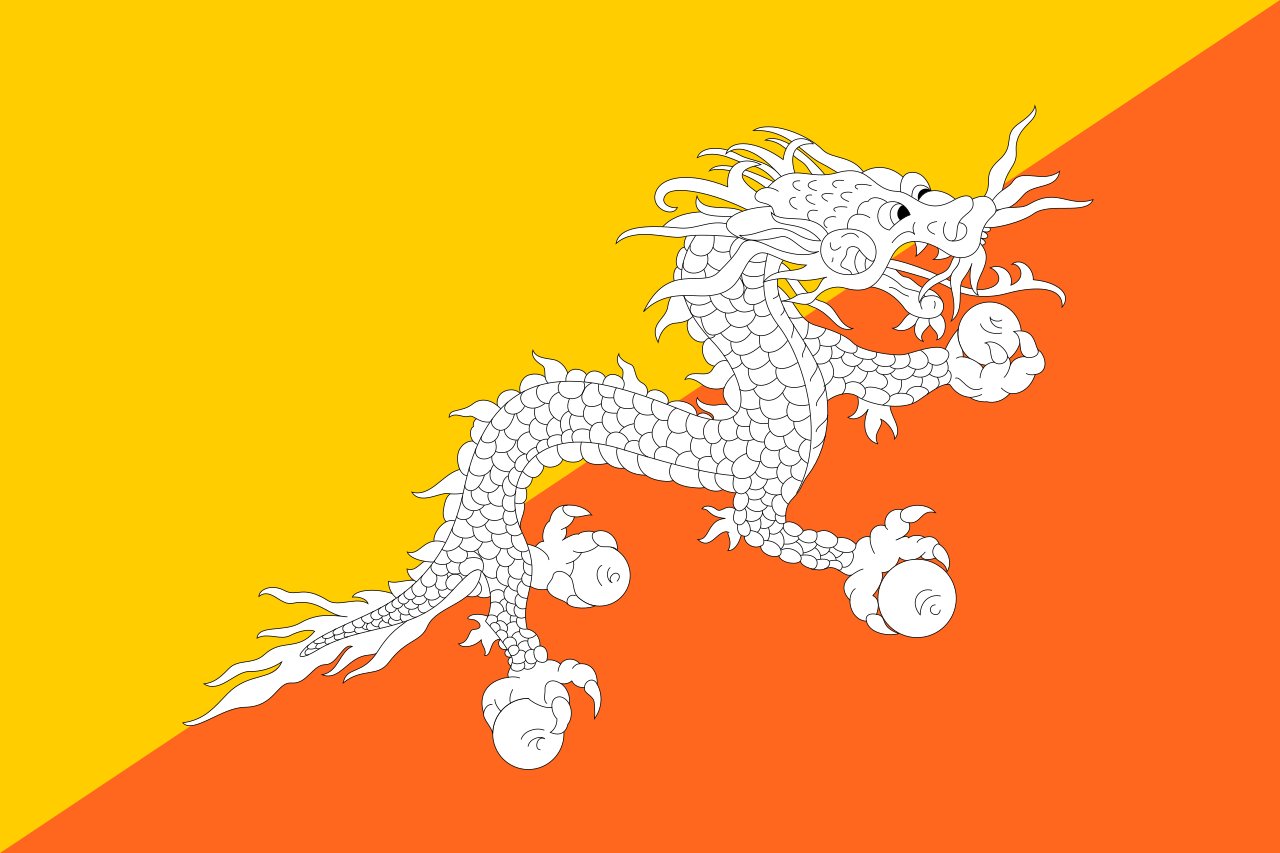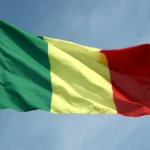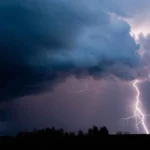
Bhutan is a small landlocked country in South Asia, known for its unique culture and traditional way of life. It is located in the eastern Himalayas and is bordered by India to the south and China to the north. Despite being a small country, Bhutan is known for its commitment to preserving its natural environment and promoting sustainable development.
The official language of Bhutan is Dzongkha, which is spoken by the majority of the population. However, there are many other languages spoken in Bhutan, including Nepali, Sharchop, and Bumthangkha. English is also widely spoken, particularly in urban areas and in the education system.
Bhutan has a population of around 800,000 people, with the majority living in rural areas. The capital city is Thimphu, which has a population of around 100,000 people. Despite its small population, Bhutan is known for its rich cultural heritage and its commitment to preserving its traditions.
Bhutan is a constitutional monarchy, with the King of Bhutan serving as the head of state. The current king is Jigme Khesar Namgyel Wangchuck, who ascended to the throne in 2006. Bhutan’s political system is based on the principles of democracy, with a two-party system and regular elections.
Bhutan’s economy is largely based on agriculture and forestry, with many people engaged in subsistence farming. The country is also known for its production of hydropower, which is exported to neighboring countries. In recent years, Bhutan has also been promoting tourism as a way to boost its economy.
Bhutan is known for its unique approach to measuring national progress, which is based on the concept of Gross National Happiness (GNH). This approach takes into account not only economic factors, but also social and environmental factors, in order to promote sustainable development and improve the well-being of Bhutanese people.
Buddhism is the dominant religion in Bhutan, with around 75% of the population practicing this faith. The country is known for its many monasteries and temples, which are important centers of religious and cultural life. Other religions practiced in Bhutan include Hinduism and Christianity.
Bhutan is home to a wide variety of flora and fauna, including many rare and endangered species. The country has established a number of protected areas, including national parks and wildlife reserves, to conserve its biodiversity. Bhutan is also known for its commitment to preserving its forests, which cover around 70% of the country’s land area.
Bhutan is known for its traditional architecture, which is characterized by the use of wood, stone, and clay. Many buildings feature brightly colored painted decorations, and there are strict rules governing the design of buildings in order to preserve Bhutanese cultural identity.
Bhutan is home to many traditional crafts, including weaving, embroidery, and paper-making. These crafts are an important part of Bhutanese culture and are often practiced by women in rural areas. Bhutanese crafts are known for their intricate designs and bright colors.
Bhutan is known for its spicy cuisine, which features a variety of dishes made with chilies, cheese, and rice. One of the most famous Bhutanese dishes is ema datshi, a spicy dish made with chili peppers and cheese. Another popular dish is momos, a type of dumpling filled with meat or vegetables.
Bhutan is known for its beautiful landscapes, which include snow-capped mountains, lush forests, and rushing rivers. The country has many scenic hiking trails and trekking routes, including the famous Jomolhari Trek.
Bhutan is one of the world’s most eco-friendly countries, with a commitment to maintaining at least 60% forest coverage at all times. The country has set a goal of being carbon neutral by 2030, and it has banned plastic bags throughout the country.
Bhutan has its own unique style of architecture, known as Bhutanese architecture. It is characterized by the use of wood, rammed earth, and stones in construction, and it features distinctive colorful paintings on walls and woodwork.
Bhutan is known for its traditional handwoven textiles, particularly its intricately patterned and colored silk and cotton fabrics. The country also has a thriving art scene, with traditional Bhutanese painting, sculpture, and wood carving still practiced by many.
Bhutanese cuisine is heavily influenced by its neighboring countries, India and China, but it also has its own unique flavors and dishes. Chili peppers are a staple ingredient, and many dishes are served with a fiery chili paste known as ezay.
Bhutan is home to a variety of wildlife, including snow leopards, Bengal tigers, red pandas, and black-necked cranes. The country has established several national parks and wildlife sanctuaries to protect these species and their habitats.
Bhutan is also known for its unique festival culture, with colorful annual events held throughout the country. The most famous of these is the Paro Tsechu, a religious festival that features masked dances, music, and other traditional performances.
Bhutanese people are known for their hospitality and kindness, and visitors to the country are often struck by the warm welcome they receive. The country has a strong sense of community, and traditional values like respect for elders and the environment are still deeply ingrained in society.
Bhutan is a constitutional monarchy, with the King of Bhutan serving as the head of state. The country’s political system has evolved over the years, with a move towards democratic reforms and a shift away from absolute monarchy in recent decades.
Bhutan is also unique in its measurement of national progress. Instead of relying solely on economic indicators like Gross Domestic Product (GDP), the country uses the concept of Gross National Happiness (GNH) to measure well-being and quality of life.
The Bhutanese language is known as Dzongkha and is the official language of Bhutan. It is a member of the Tibeto-Burman language family and is written using the Tibetan script.
Buddhism is the predominant religion in Bhutan, with about 75% of the population following the Drukpa Kagyu and Nyingma schools of Buddhism. The country’s unique blend of Buddhism and its traditional values is known as ‘Buddhism with Bhutanese characteristics’.
Bhutan has made significant progress in education in recent years, with a literacy rate of over 70%. The country has also made efforts to preserve its traditional education system, which includes the study of Buddhism, astrology, and traditional medicine.








